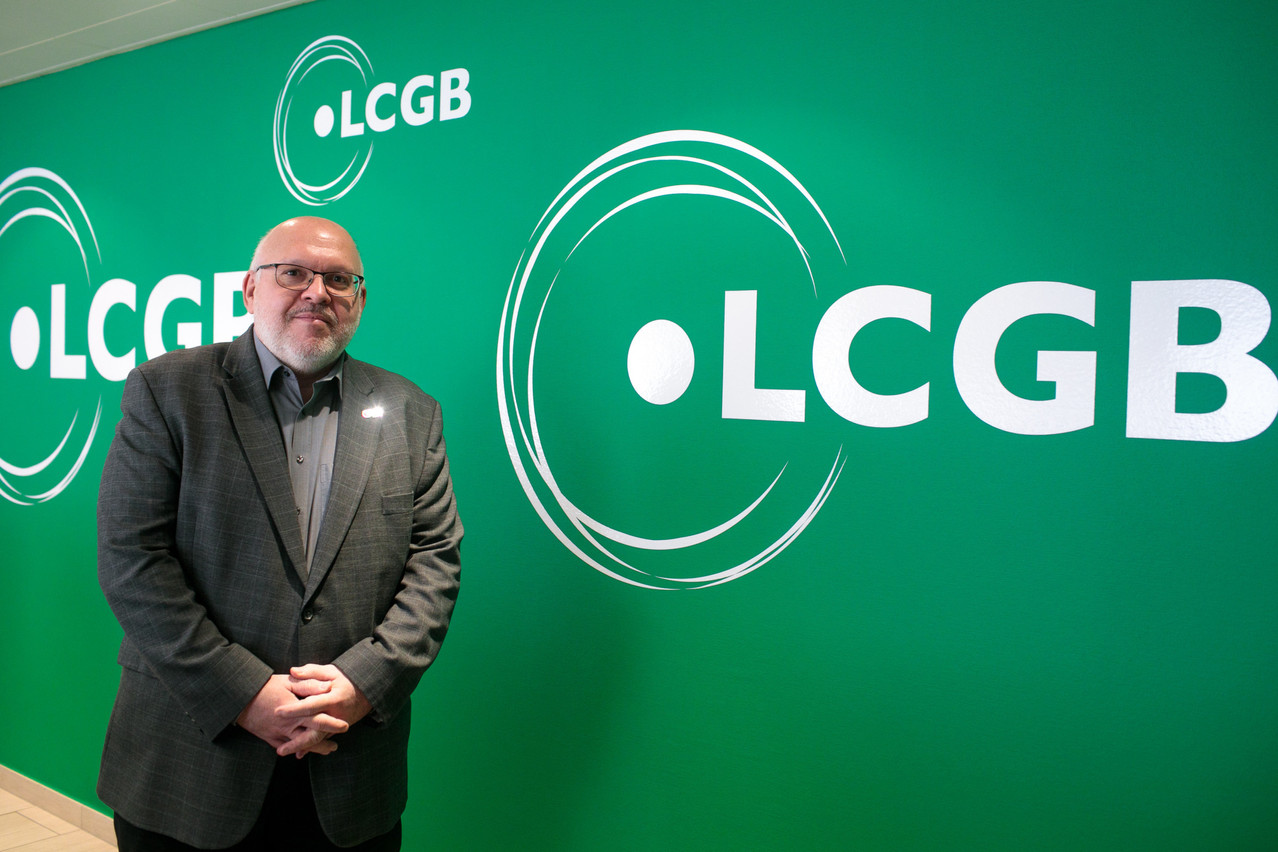Paperjam: What will be the main issues at stake this autumn?
: We hope to have put the worst behind us. We also hope that the vaccination rate will increase again, so that we can see the end of this crisis. We will then have to take an interest in the end of the crisis, the economic recovery, the end of state aid, the damage of the health crisis on employment, partial unemployment, companies, bankruptcies. More broadly, we are going to pay attention to the way in which economic activity will develop.
Have you already put priority issues on the agenda?
After the economic recovery and employment, one of the priorities will be to look at the aftereffects that are not visible, because that worries us. I’m thinking in particular of the hole in the national health fund (CNS). I know that steps have been taken to fill that hole, as there has been a huge drop in income and expenditure in relation to the pandemic. But it’s even more important that we return to issues that we were talking about before the crisis. There was talk of improving the level of benefits, especially dental care, and a new nomenclature for health care reimbursements.
Another priority is digitalisation. This will continue to be an important issue for the LCGB. We have made progress on teleworking, but there is still work to be done in this area, including the right to disconnect. We are calling for the labour code to be adapted in line with digitalisation. Also in this dossier, we will look at new forms of work, notably via digital platforms such as Uber. This crisis may have changed our lifestyle and consumption habits, but we do not want precarious employment, we want stable social security that offers satisfactory and optimal social protection.
Are the steel industry and Liberty Steel still on your mind?
We’re still concerned about Liberty Steel. The situation remains complicated in Dudelange and it is not because of the health crisis. There has been a lot of speculation, liquidity problems and payouts, so it is very worrying. Especially since the steel market is booming and the company cannot benefit from this. So, on this issue too, we are going to remain attentive to the solutions proposed by the government. I am particularly concerned about employment--the jobs created in the 1990s, formerly within Galvalange and then ArcelorMittal, with significant support from the state.
There is also Luxair, which we will follow with great interest. The group was hit by the health crisis and the company is still paying the consequences. There will be a monitoring committee soon to look at how to compensate for the overstaffing on the one hand and the recovery of economic activity on the other.
The functioning of the current national tripartite doesn’t bring us any satisfaction.
Which issue needs to be addressed most urgently?
For years, we have been demanding and working for greater social justice in Luxembourg. This issue is vast and very connected to other issues. For example, the housing crisis--and rising prices--has a negative impact on purchasing power. The question is how the government is going to bring about more social equity. Obviously, there will be no tax reform in the immediate future. We think it is important to have additional tax relief for low and medium salaries in order to work towards a policy of safeguarding lives and purchasing power.
Is the idea of a new national tripartite still relevant?
The functioning of the current national tripartite doesn’t bring us any satisfaction. I can’t say that nothing has been done during this crisis. A lot of aid has been distributed at several levels. But now we are waiting for a clear inventory. The aim is to make an inventory of the problems that we know about, to find solutions to specific problems, but above all to find out what aid has been paid out.
We often talk about the cost of this crisis, for example short-time working, but without this aid unemployment would have exploded. I would like to have a true picture of the government’s action. That is the whole point of this tripartite. Together, we can analyse what has been done, what has worked and what has not, and what is still needed for a final effort to get out of this crisis.
So the new school year is going to be busy?
I think that our binder is already well-filled.
This article in Paperjam. It has been translated and edited for Delano.

